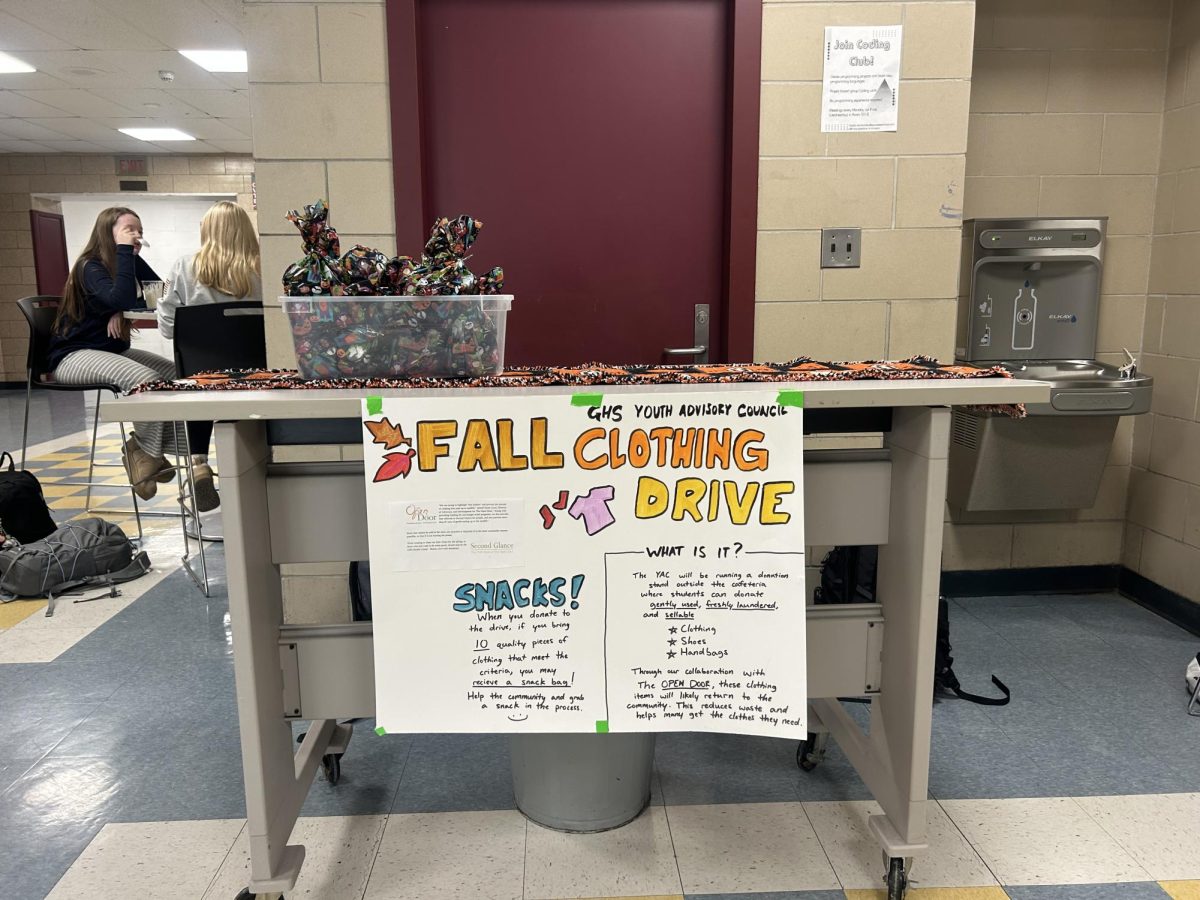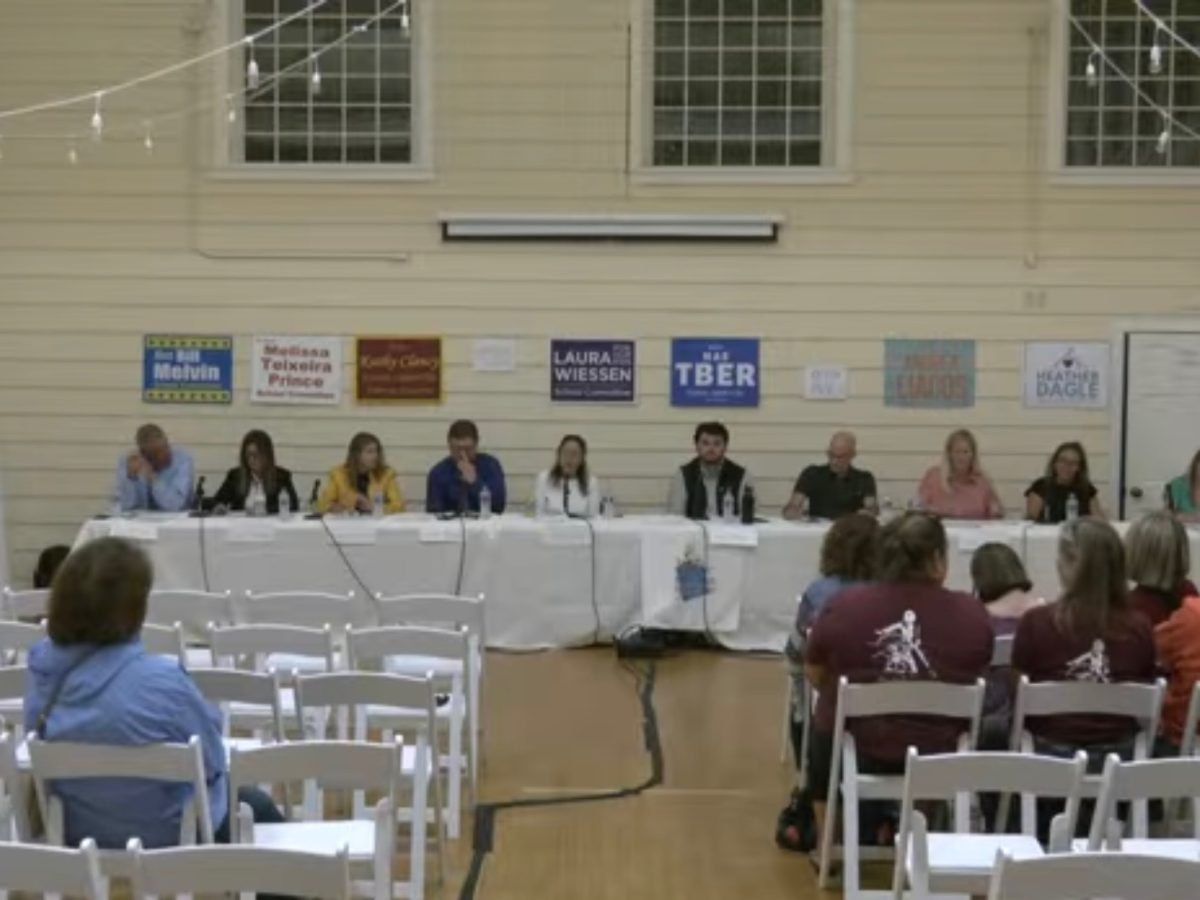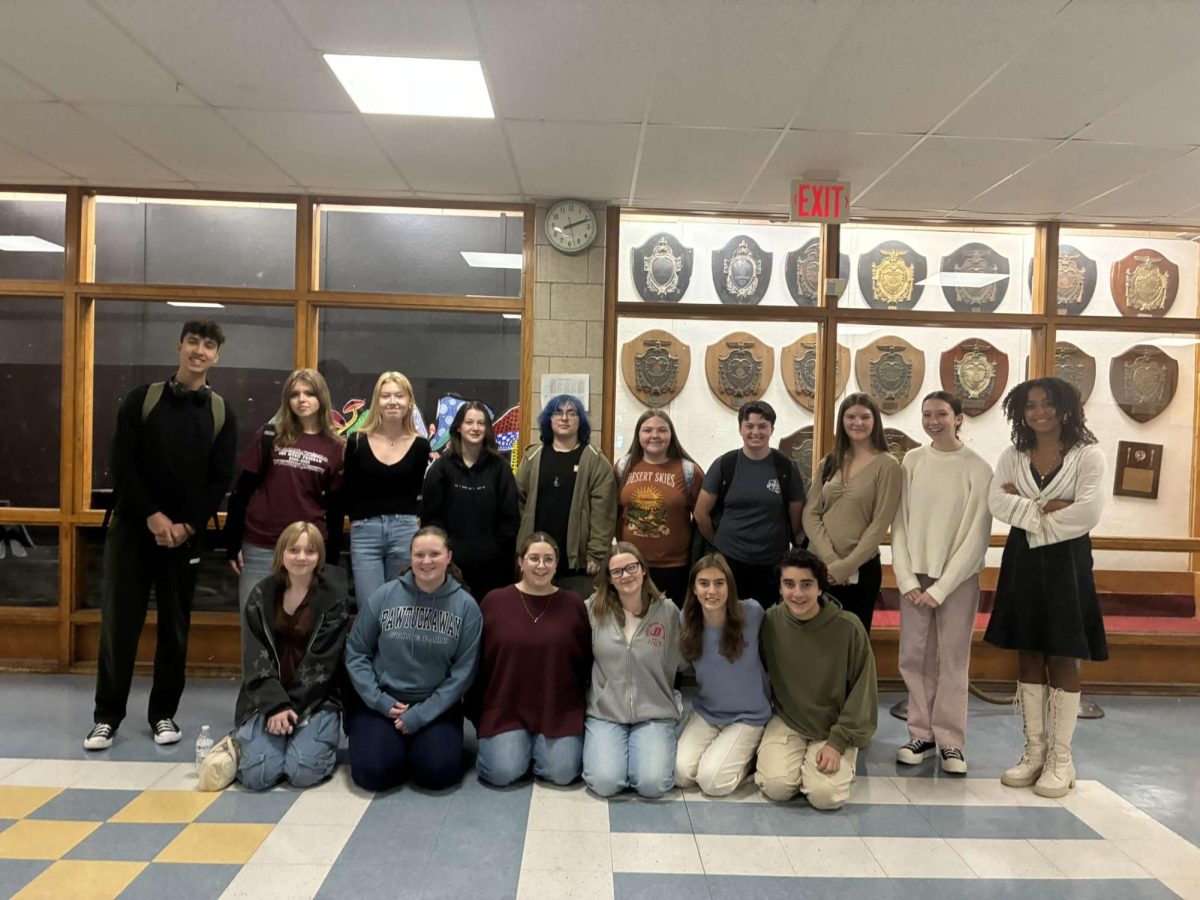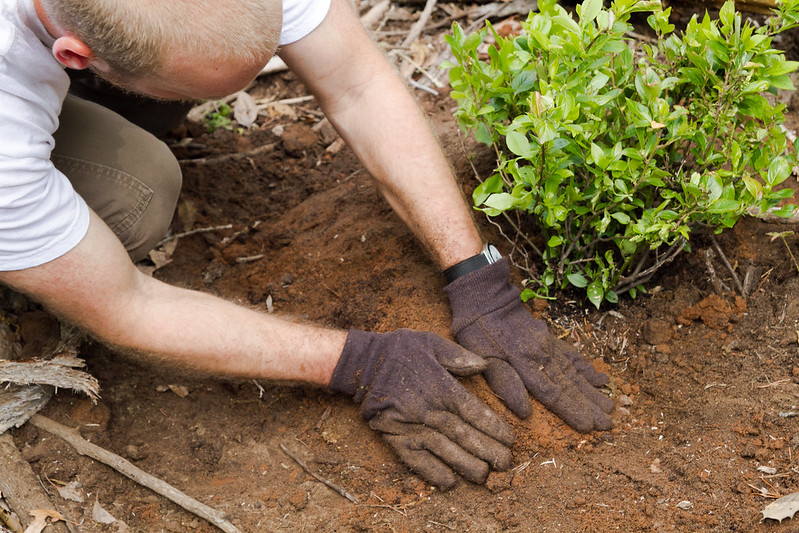Do you know where the food you eat comes from? Do you know the conditions necessary for a tomato plant to yield the best possible fruit? If you haven’t, don’t feel bad: many people haven’t. The more important question to ask yourself is, do you want to know?
Gardening and horticulture are two very important fields, and without them, we would have a much harder time getting the food we need to survive. There is no lack of evidence for the vast amount of benefits that can be found in gardening; improvements in mental, physical, and environmental health have all been observed. This is why I think that GHS should have a horticultural/gardening elective available.
As someone who comes from a long line of farmers, I can confidently say that there’s a unique kind of satisfaction that comes from eating food you’ve grown and harvested with your own to hands. This is perhaps part of the reason why multiple studies have shown that generally, people who garden eat more fruits and vegetables compared to their non-gardening counterparts. And better eating habits are just the tip of the iceberg. Gardening is also a good source of low-impact exercise, a great option for students looking for a slower-paced alternative to gym class.
Studies suggest that consistent gardening may be able to aid in the prevention of cancer and other chronic diseases. Gardening has also been proven to improve mental health, which is directly tied to physical health. You probably already know about the benefits of vitamin D provided by sunlight, but did you know that there are certain chemicals found in soil that can also increase the production of serotonin and dopamine, feel-good hormones responsible for good mood?
Gardening is also an amazing way for students to learn how to apply critical thinking. Plants, like all living things, have needs that must be met for them to survive and thrive – food, water, oxygen, etc. – and like other living things, they are susceptible to disease and death. When plants get sick, or simply aren’t growing at the rate they should be, it’s up to their caretaker to fix it. In these cases, students will have to be detectives to figure out what the problem is, what the source of the problem is, and how to fix it. And, unlike humans, plants can’t explain what’s wrong with them, which means students will have to work significantly harder to find the problem.
Student interest is yet another reason why GHS should have a gardening class. According to data by the International Labor Organization, worldwide interest in farming went down from 44% in 1991 to just 26% in 2020. Despite this low national average, out of 25 GHS students surveyed, 52% answered with at least some level of interest in a gardening elective. We as a society need to foster and encourage more interest, and we can do that right here at our school.
Of course, there’s always the issue of space and money. However, with enough interest, given the benefits of the proposed elective, I would argue that it would be worth every penny. As for the problem of space, there is already a greenhouse that is accessible outside but has been left unkempt for years. In that space, we could rehabilitate the greenhouse and put in some raised garden beds, the number of which would need to be determined by how we would format the class (how many people would be assigned per garden bed) and how high interest rates are. If we use raised garden beds, then we can place them anywhere that we can fit a greenhouse.
Perhaps one of the most important benefits of a gardening class would be the opportunity for students to learn about native and non-native plant species and the environmental benefits that can come with gardening. Milkweed, for instance, has over 70 species native to Massachusetts and is a crucial food source for butterflies. Unfortunately, it’s endangered. A gardening class at GHS could easily be used to combat that issue! Gardening also reduces CO2, a greenhouse gas that contributes greatly to the climate crisis. Non-edible plants can also be raised by the class and can be placed around the school to boost air quality and mood!
All in all, I think a gardening elective at GHS is a must, and I feel that it’s safe to say that to not even attempt creating a gardening elective would be a disservice to the GHS student body, from improved air quality and the conservation of native species to the vast amount of physical and mental health benefits, I think that it is more than worth it to give a gardening elective at GHS a try.










![The Volleyball team poses after their win. [Photo courtesy of GHS Volleyball]](https://thegillnetter.com/wp-content/uploads/2025/10/IMG_6936.jpg)



![The GHS/MERHS senior cross country runners pose together on Senior Night. [Photo courtesy of Manchester-Essex Athletics]](https://thegillnetter.com/wp-content/uploads/2025/10/Screenshot-2025-10-10-at-11.18.29-AM.png)

















Emily Siegel • Jun 6, 2024 at 10:11 pm
This might make for a good proposal to the Gloucester Education Foundation for a grant…drop us a line!